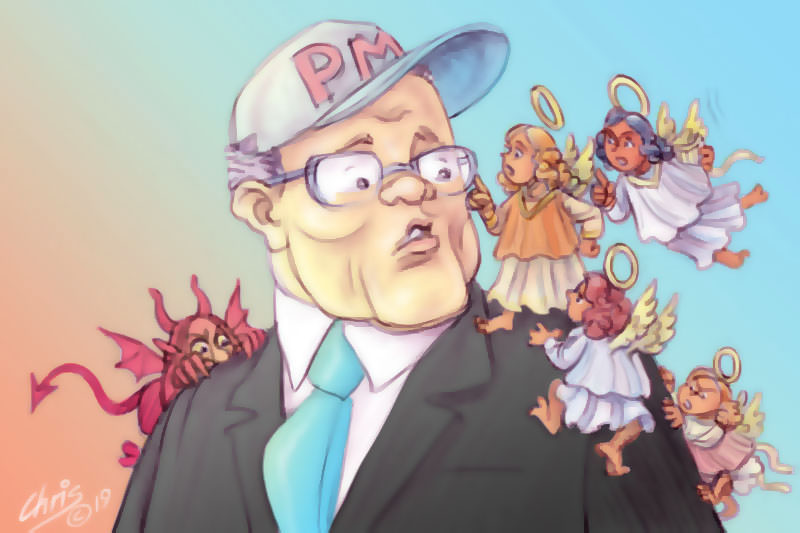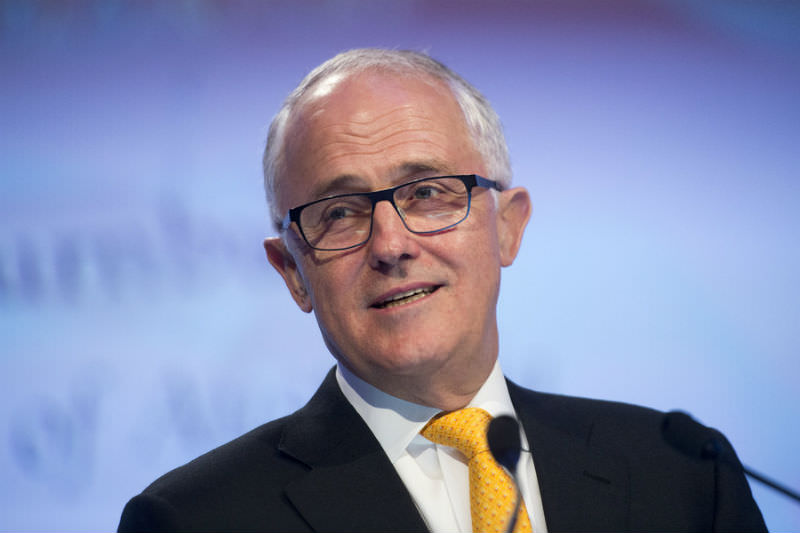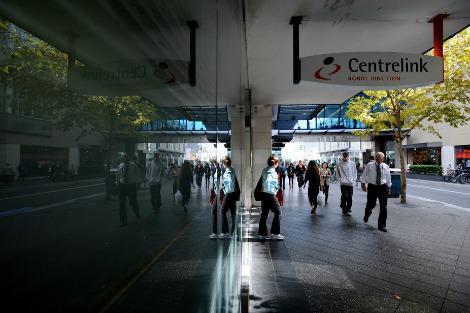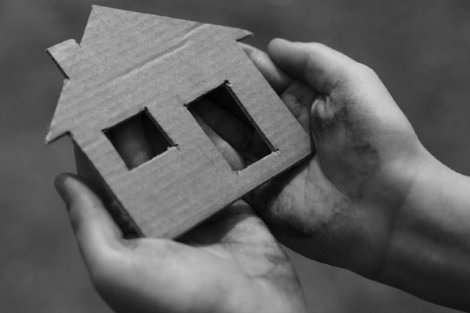Keywords: John Falzon Is Chief Executive Officer Of The St Vincent De Paul Society's Canberra-Based National C
-

RELIGION
- John Warhurst
- 31 May 2019
14 Comments
The church has something in common with both sides of politics because the Catholic community has a split political personality. Its range of concerns is so broad that they are addressed in various ways by different political parties. It wants to make an impact on government, but it is always highly unlikely that it can have it all.
READ MORE 
-

ECONOMICS
If you accept the tenets of individualism, you are going to struggle to see why we should have anything but the most minimal level of taxation, and you wouldn't hold that taxation should be progressive to be fair. But the reality is that inequality is a political failure; not a personal one.
READ MORE 
-

AUSTRALIA
It would be nice to believe, as the Treasurer wants us to, that better times are around the corner. But while wages stagnate and company profits surge, inequality is at its highest since the 1950s. This is not going to get any better any time soon. By 2019, the highest income earners will have received an effective tax cut of 1.5 per cent compared to all other taxpayers who will be paying an extra 0.5 per cent. For young people especially, Budget 2017 boosts inequality instead of building a better future.
READ MORE 
-

AUSTRALIA
- John Falzon
- 30 March 2016
11 Comments
The Prime Minister wants us to be clever. Well how about we make sure everybody's got a place to call home? The problem of homelessness and the shortage of social and affordable housing is so huge that we need a massive solution and a massive financial commitment if we want to lay claim to being civilised and fair, let alone smart and innovative. This is why, among things such as reforms to negative gearing and capital gains tax, we need a $10 billion social and affordable housing fund.
READ MORE 
-

- Andrew Hamilton
- 30 July 2015
3 Comments
Ignatius of Loyola, whose feast day is on 31 July, is remembered for founding the Jesuits, for his Spiritual Exercises and for the effect Jesuits had on European history and in overseas missions. He was a man who made a difference. But during his life that reputation was not a done deal. One often overlooked event, more accurately an event that failed to happen, shaped decisively how he has come to be remembered.
READ MORE
-

Tony Thornton, former National President of the St Vincent de Paul Society in Australia, was a great lover of humanity and fighter for social justice. The persistence of poverty and homelessness in prosperous Australia affected him deeply. He was never willing to accept a status quo that included the wholesale rejection of people who were made to feel the sharp edge of inequality.
READ MORE